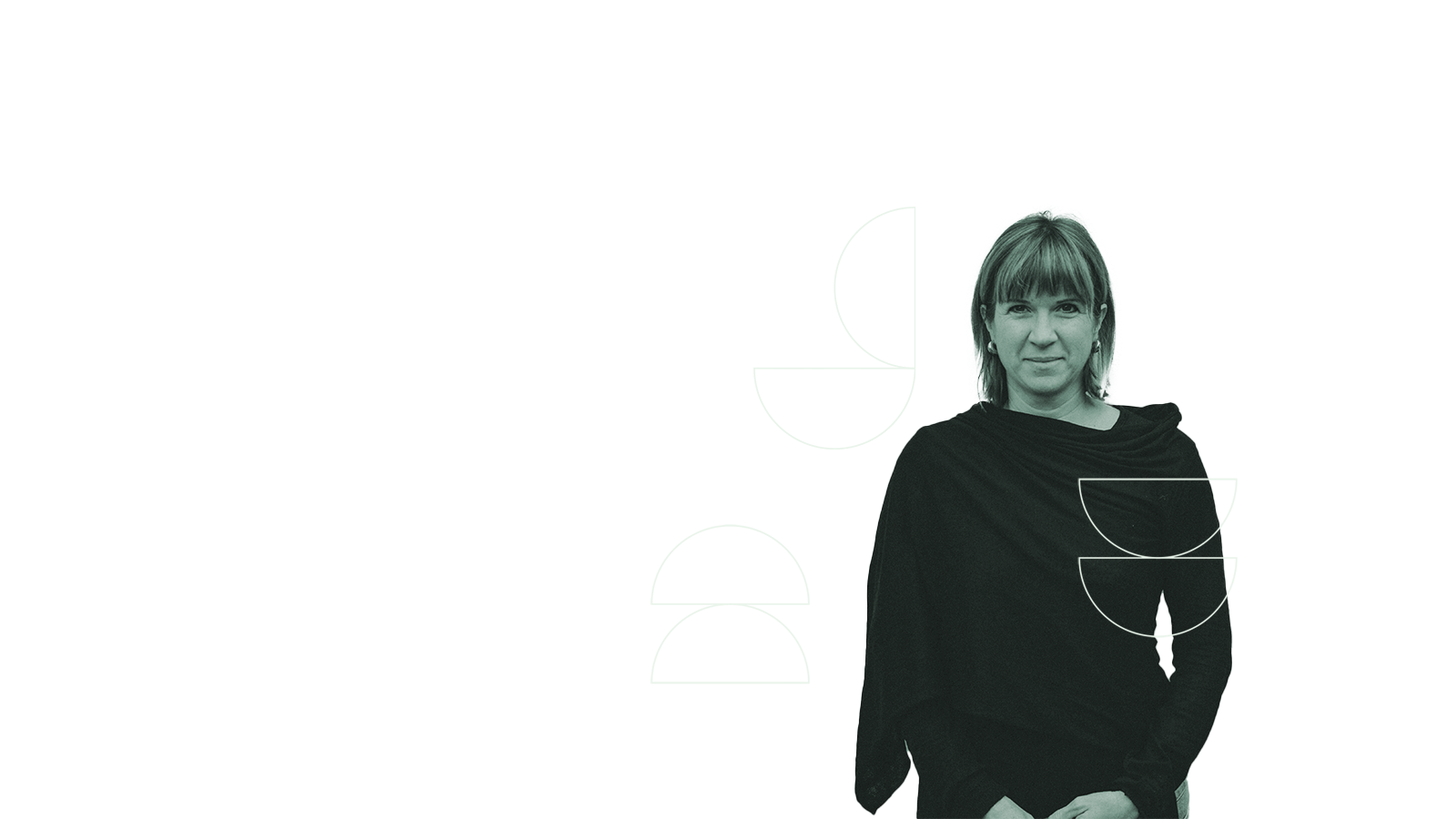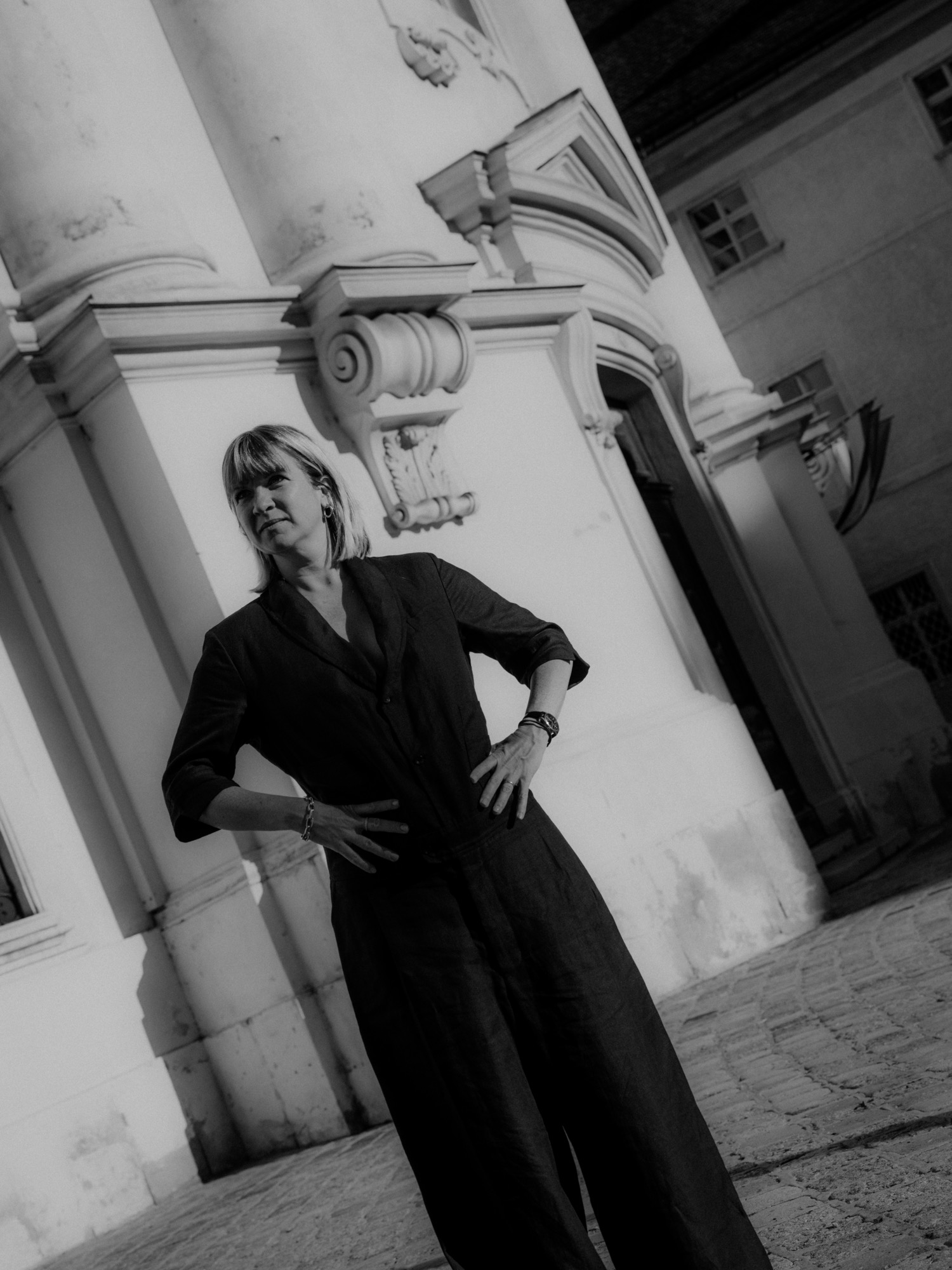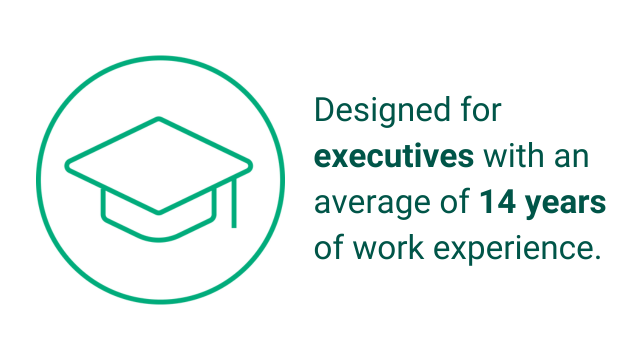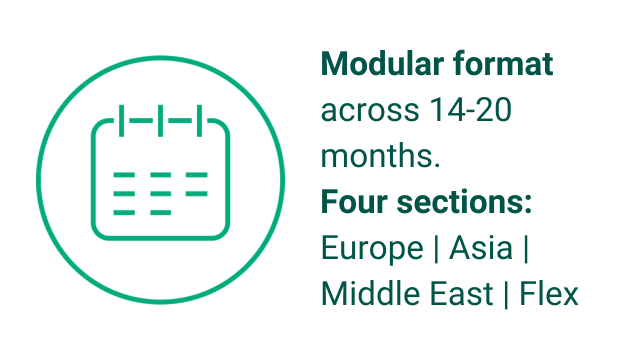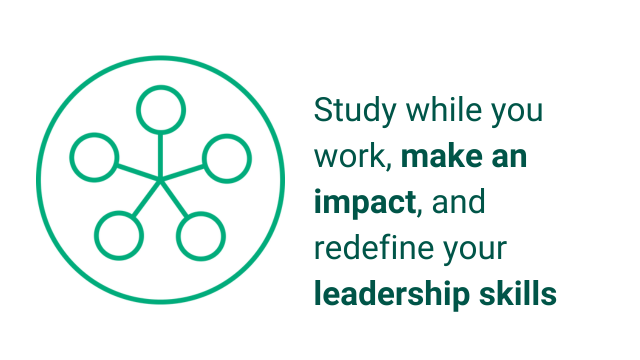My professional experiences, particularly in male-dominated and fast-paced industries, have taught me the importance of innovation and adaptability.
When senior leaders prioritise fairness and equity in decision-making, they ensure that opportunities are distributed based on merit and potential, not bias.
Leaders also have the responsibility to actively challenge systemic barriers and advocate for policies that support inclusivity, such as transparent promotion criteria, equal pay, and flexible work arrangements. By modelling inclusive behaviour - listening to diverse perspectives, amplifying women’s voices, and recognizing their contributions - they create an environment where women feel valued and empowered to thrive.
Additionally, senior leaders must act as mentors and sponsors, guiding women’s growth and helping them navigate their careers.
How have you used your influence to support other women in achieving more in their careers?
Empowering women has always been a priority for me, and I strive to provide guidance, support, and opportunities for growth.
Throughout my career, I have mentored many colleagues and employees, helping them overcome challenges and build confidence in their skills. As part of this commitment, I host free brand strategy masterclasses for women every year around International Women’s Day, sharing my expertise to support their development.
What tangible steps can organisations take to create a culture of equality at the leadership level?
Creating a culture of equality at the leadership level requires deliberate and actionable steps that address systemic barriers and foster real change
A foundational first step is drafting a manifesto for equality, which outlines the organisation’s values, goals, and commitments to inclusivity and fairness.
This manifesto should set measurable objectives, such as increasing diversity in leadership roles and implementing family-friendly policies like flexible work hours and caregiving support.
In addition to the manifesto, organisations must prioritise transparency by clearly defining criteria for promotions, pay, and performance evaluations. Regular reviews of these processes ensure decisions are fair and unbiased, creating trust and accountability.
Another critical step is implementing mentorship and sponsorship programmes that connect emerging talent with senior leaders. These relationships not only provide guidance but also help women navigate challenges and access new opportunities. It’s equally important to focus on breaking down stereotypes by encouraging diverse leadership styles and promoting collaboration between men and women.
Including men as allies in these efforts emphasises that equality is a collective goal and benefits the entire organisation.
Finally, senior leaders must lead by example by modelling inclusive behaviours, mentoring underrepresented groups, and actively advocating for diversity. Their actions set the tone for a culture of equality and inclusivity. By combining these steps with a clear commitment to equity, organizations can create environments where everyone has the opportunity to lead and succeed, fostering lasting and meaningful change.
What advice would you give to those looking to champion women’s leadership in their organisations?
Championing women’s leadership starts with action, not just intention.
Listen to the challenges women face, lead by example, and ensure opportunities are fair and transparent. Celebrate diverse leadership styles, rewrite outdated stereotypes, and involve men as allies. Make inclusivity a shared responsibility, not a checkbox. After all, why not strive for a workplace where everyone can thrive?
More information about the programme Uli attended:
The INSEAD Global Executive MBA (GEMBA) offers experienced executives an intensive 14 to 20-month fast-track to the top via one of the world’s most prestigious and multicultural business schools, while making an immediate impact in your organisation.
Programme benefits


